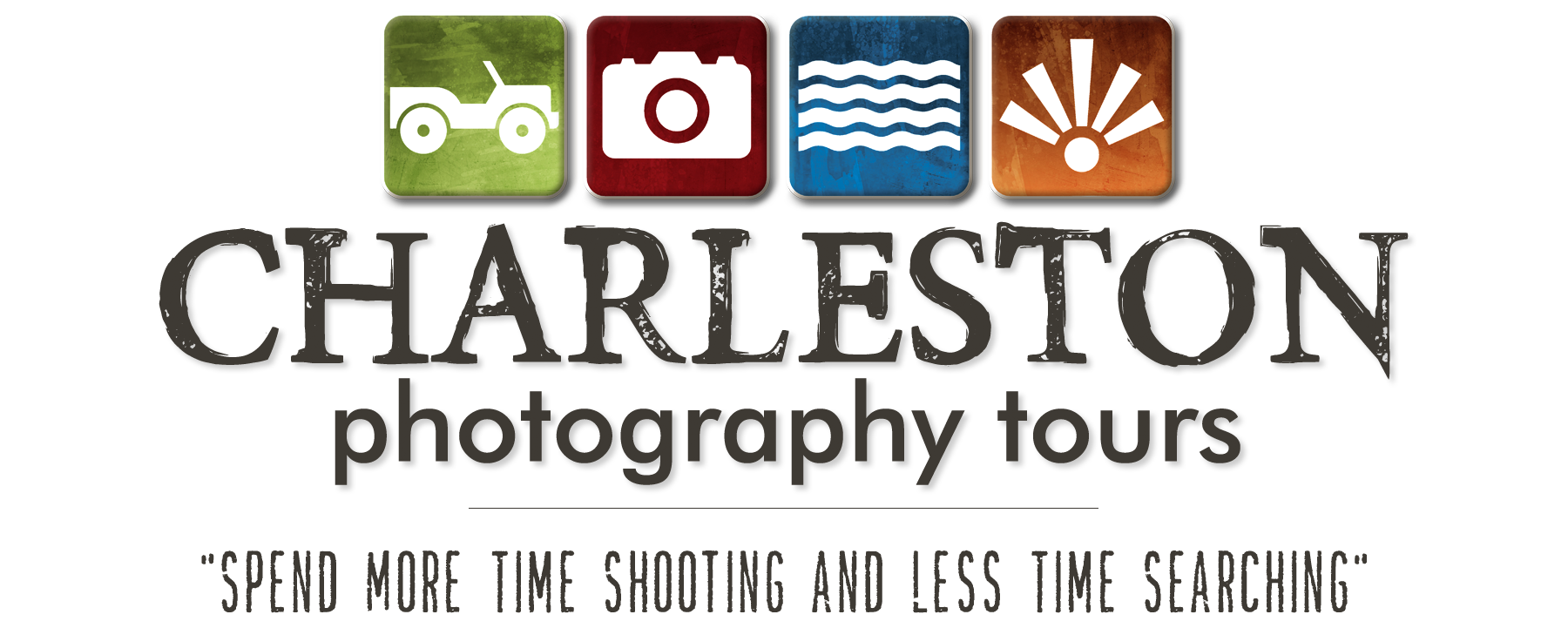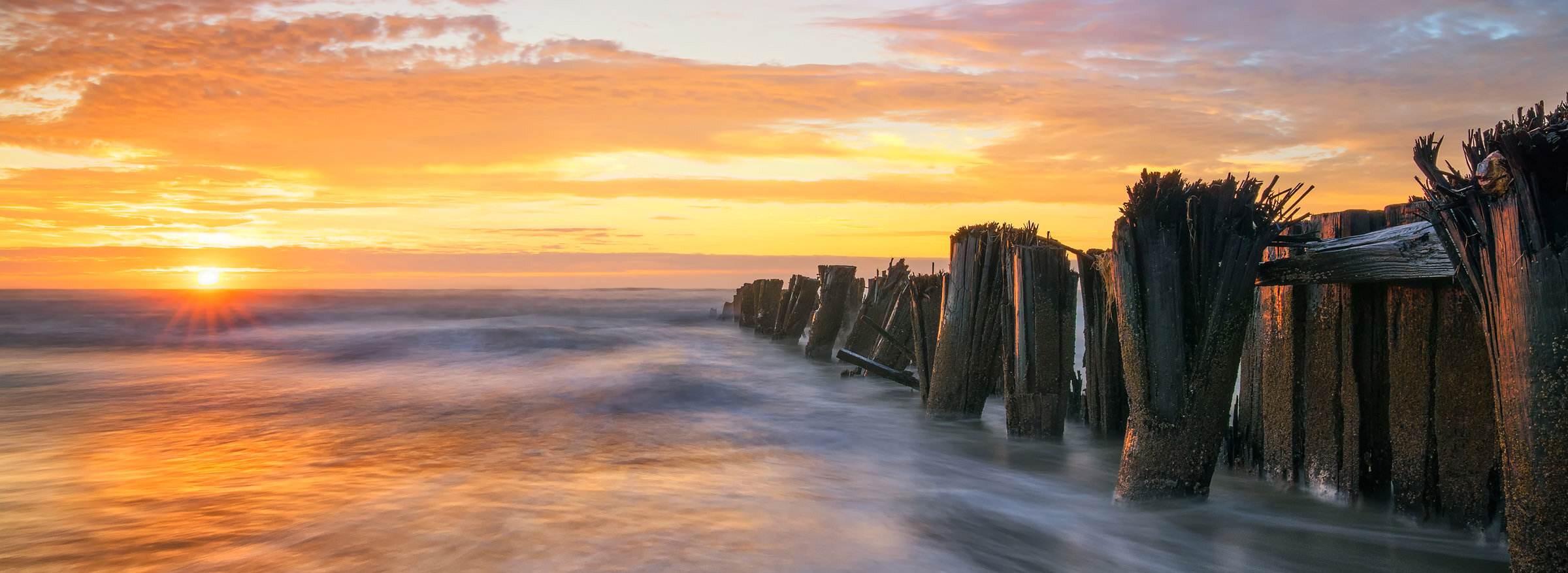Hurricanes Uncover Artifacts On Charleston Beaches
You don’t need a degree in archaeology or history to know that Charleston is sitting on treasures waiting to be uncovered. Whether it’s new information about the lives that were lived along our shores during the Golden Era, or it’s physical artifacts from lives lived long ago, Charleston is a gold mine for history lovers and treasure hunters.
Hurricanes and their subsequent beach erosion often uncovers many treasures that have been hiding beneath our feet. In fact, after Hurricane Matthew in 2016, the bomb squad had to be called to Folly beach when cannonballs from the Civil War were found on a Sunday afternoon.
During a walk along one of our beaches after Hurricane Matthew, we located a long metal object that we were later informed was a piece of a ship!
Treasure hunting isn’t a new hobby for folks. In the 1950’s people were flocking to Isle of Palms searching for treasure that was reportedly in the sum of $90,000 and originated from a bank heist out of New York. It was reported that one of the suspects lived quite well on the IOP, along with another fugitive who was wanted for murder and subsequently captured on Folly beach.
Other relics you may want to keep an eye out for includes treasures such as shark teeth (commonly found), to more uncommon items like metal badges worn by Free Men, slave tags or confederate belt buckles.
In an episode of “Diggers” on the National Geographic channel, you can watch professional treasure hunters look for Blackbeard’s gold on nearby Daufuskie Island. During that hunt, they did find Civil War buttons and a lamp, but turned up empty when it came to the legendary gold.
Another local urban legend is that Pirate Stede Bonnet who was hanged in Charleston may have buried his treasure on the banks of the nearby Santee River. That treasure and the location have yet to be discovered.
Whether you’re a casual beach comber looking for shells and get lucky enough to stumble upon artifacts, or you’re equipped with a metal detector, all you need is a love for the outdoors and a long walk and you may just be the next person to uncover pieces of Charleston’s hidden past.
If you do decide to get out and hunt for buried treasure, be mindful that trespassing is illegal, always seek permission, and digging on beaches for recreation is usually ok as long as holes are not left behind. Be aware though that there are sections of beaches that are off limit to searching. Bottom line: Do your research before you venture out.


